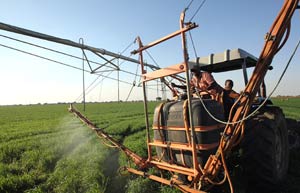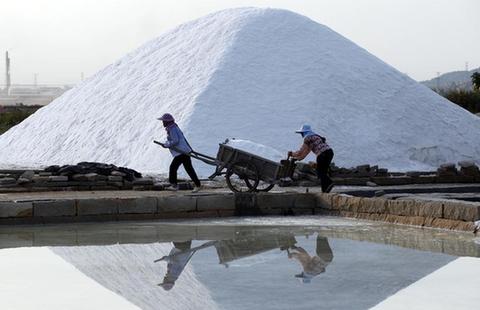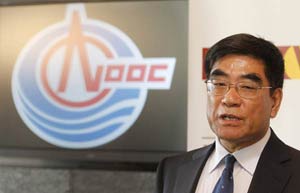A touch of class for farming
By Joseph Catanzaro and Li Fangchao (China Daily) Updated: 2014-07-21 07:15However, Long Ping is not playing the wait-and-see game.
The company is banking on the new training program to lay the groundwork to jump the first potential hurdle, a lack of skilled people in Cameroon, should the company invest.
"For agriculture we need a large group of trained and professional technicians," Huang says.
"We need to develop human resources at the beginning."
Feng says the educational push does not necessarily herald an immediate, commercial move into the country by Long Ping.
 |
"These countries are more focused on research," Huang says. "We can then look at what works for production."
A potential move into Cameroon would probably be similarly measured in pace, he says.
Feng spells out the challenges and difficulties of agricultural investment in Africa that have Long Ping taking a cautious view on expansion.
She hints that a move into Cameroon would not come in the short term.
"Agriculture requires large investment and a long time to get profit. For us, an opportunity (to cultivate land) is more important than monetary support to develop in Africa, but it is not easy for a company to secure land. Often it requires government-to-government coordination. For the time being, we will focus our strength and resources in the four countries where we already operate."
In the past, Feng says, some African governments have reneged on deals for farming land, scuttling new ventures before they could get underway.
But despite the inherent risks and difficulties, some Chinese companies are forging ahead and betting big on agriculture in Africa.
"The company's vice-president, An Ning, says he is confident that a deal will be finalized before the end of this year which will ultimately benefit African job seekers and consumers," Feng says.
"Our primary target will be the African market. At the moment, only one or two (African) countries can produce enough to meet their domestic demand for palm oil," he said, adding that there is no need to sell African produced palm oil back to China.
- Cool job on hot day
- Traders embrace new concept in selling
- China Unicom's mobile subscribers grow 0.6% in June
- China's June forex purchase likely to rebound
- Waning lock-up shares eligible for trade
- Meat supplier of McDonald's, KFC suspended
- A land of rich pickings
- China Development Bank opens office in Venezuela
















